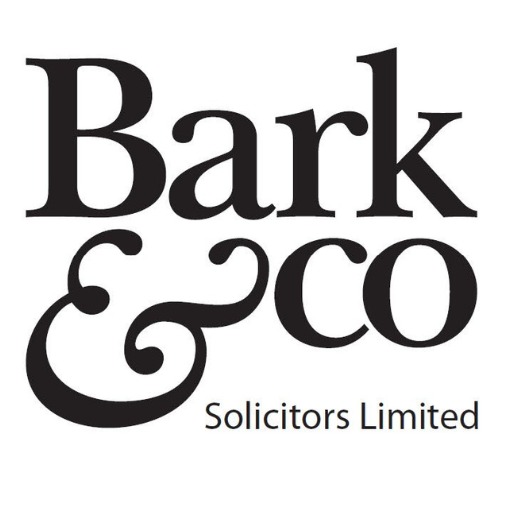Harassment Practice
Bark & Co Solicitors Ltd can advise you effectively on all aspects of harassment practice and procedure, including pre-action advice, pre-action protocol letters before action (cease and desist letters), commencing claims and the litigation process.
The service is backed up by specialist solicitors, the specially designed Harassment Law Database and an experienced knowledge of the court system and processes.
There are different rules governing the civil and criminal court system. Unfortunately it is not as simple as popping along to your local court and appearing in front of a judge and asking for an injunction or penalty because you are being harassed. For example, correct forms need to be filled in, evidence collated and presented, court fees paid, documents need to be served and a hearing arranged.
Please click on the links on Civil Procedure or Criminal Practice to obtain further general information on the court procedure/process.
Property and Boundary Disputes
There is a significant amount of harassment that occurs as part of neighbour disputes involving nuisance and boundary disputes. We have acted for both claimants and defendants in such matters, including general advice, drafting and sending pre-action protocol letters before action (cease and desist) issuing applications to the court (including for injunctions) and representing during court proceedings and hearings.
Internet and Social Media Postings
It has become common for harassment to occur via the internet and social media, with harassers often hiding behind a cloak of anonymity. However such anonymity can be lifted through the use of appropriate applications and court orders.
Other Legal and Commercial Disputes
Harassment often occurs within the context of a wide range of disputes, including boundary disputes, nuisance matters, possession actions, disputes with builders, dealings with debt collectors and general commercial disputes. Bark & Co Solicitors Ltd has established a strong base in commercial and civil disputes. We have found that it is often tactically beneficial to plead harassment as a (properly justified) further cause of action, thus placing increased pressure onto the opposing party. We have also found that obtaining an injunction to stop the harassment can often place our client’s at a tactical advantage.
Breaches of Privacy and Defamation / Libel
Harassment often occurs simultaneously within breaches of privacy and defamation claims. It is often tactically beneficial to stop breaches of privacy and defamatory publications by obtaining an injunction using the Harassment Act and/or using harassment as a (properly justified) further cause of action. Our harassment work routinely overlaps with defamation/libel and privacy work.
The Harassment Law Database
The Harassment Law Database is a specially designed legal database. The contents include abstracts of academic and news articles, case law, statute law, court transcripts and judgments, relevant excerpts from Hansard as well as reference to practitioner’s text books, details of specialist advocates and academic experts, copies of claim forms, particulars of claim and court orders/injunctions from previous harassment cases. The Harassment Law Database is constantly updated to reflect the latest changes in harassment law and practice. This is probably the first and only legal harassment database that exists. We have found that referring to the database often gives our clients an advantage in harassment cases. This is especially true for borderline cases, where there are serious questions about what actually constitutes harassment.
Use of the Harassment Act
The Harassment Act has been used in a variety of circumstances:
- Claims against cyber-stalkers / cyber-bullies and internet trolls
- Claims against photographers/paparazzi
- Claims against those making anonymous postings on the internet
- Claims against pressure groups
- Claims against newspapers for offensive articles
- Claims of receiving unjustified threats to cut off utility supplies
- Claims of receiving unjustified threats of legal proceedings
- Claims arising from the publication of defamatory allegations
- Claims against employers and co-workers
- Claims against schools and local authorities for pupil bullying
- Claims against by street gangs for ‘collective harassment’
- Claims against neighbours
- Claims against negligent builders who are pressing for payment
- Claims against obsessive stalkers
- Claims against debt collectors
- Claims against those attempting to gain possession of premises

